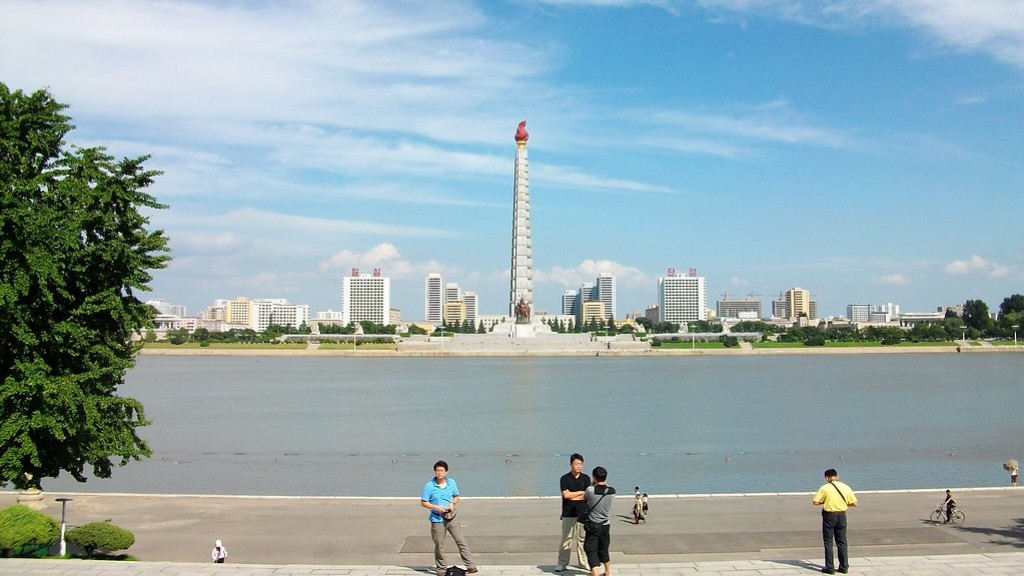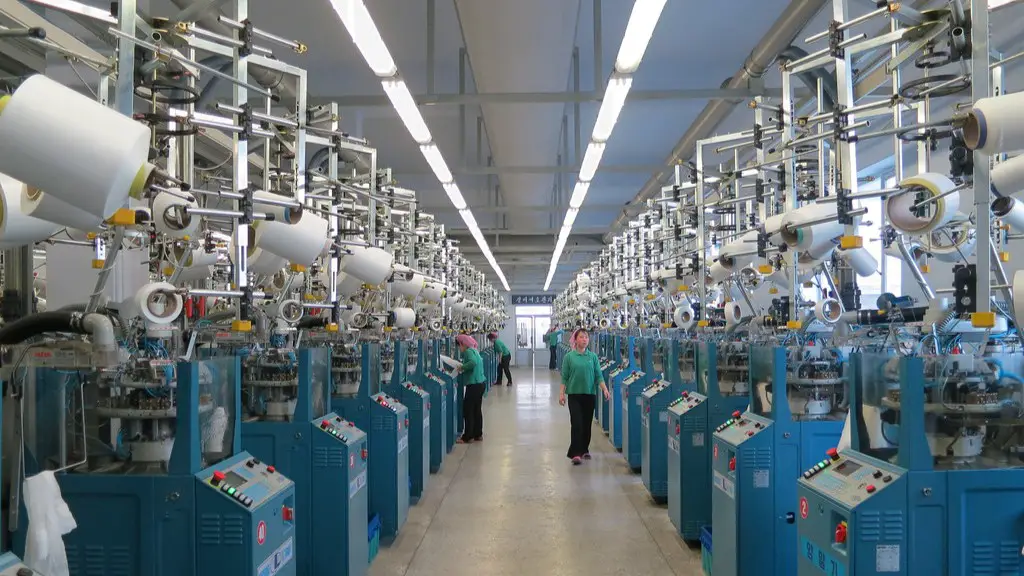Changing Political Culture
North Korea is a unique country when it comes to politics. It has been known to have the world’s least free political system, a communist government that follows the rule of a single family since its founding in 1948. A country with no elections, no freedom of expression or dissent, and is closed from the rest of the world. It has been facing this situation for decades and so people may ask why is a revolution not occurring?
To answer that question, we need to look at its historical context. The North Korean government has successfully limited and controlled its citizens. The North Korean government does not allow the formation of independent political organizations and is heavily involved in controlling information that is available within the public. People who defy any laws of the government or cross any political or social boundaries face severe punishment. This political culture creates a sense of fear within the populace and has made it difficult to spark mass uprisings.
Political Mobilization
Another factor that plays a role in stopping any popular uprising is the nature of political mobilization. It is important to look at how the government has control over citizens and how this has discouraged any popular movements. Political mobilization in North Korea is done at the government’s behest, meaning that any mobilizing for protest or revolt would have to be orchestrated and approved by the government. Furthermore, North Korea does not have a unified opposition, so any potential uprisings would have to have meaningful direction and unifying goals.
Socioeconomic Factors
Aside from political control, there are also economic reasons for North Korea’s current status. North Korea is a largely agricultural economy and most of the main food and resources are collected from the countryside and centralized in Pyongyang. This system has created a sense of stability within the countryside, even with the continuous threat of famine, and has earned the loyalty of rural citizens with the support of institutions like the Workers’ Party which provides resources and guidance to them.
International Relations and Military Superiority
Apart from these, international relations and military superiority play a role as well. North Korea, with its ally and prime economic benefactor China, has held strong ties that has economically secured the country whether it is with food, financial aid or military protection. This has played a huge role in keeping the country somewhat stable, while the backing of China has given it the confidence to hold onto its extremely authoritarian regime. While North Korea holds a huge amount of potential to cause havoc with its large ballistic missile arsenal, it also provides a deterrent to any external forces that would seek to instigate a revolution.
North Korean People’s Lack of Awareness
Not to mention that another factor in the revolution not occurring, which is often overlooked by outsiders, is the North Korean public themselves. With the government’s ability to control all forms of media and information, the people in North Korea lack awareness of the outside world and, as a consequence, lack any meaningful understanding of the purpose and goal of any potential popular uprising. This lack of awareness has kept the people from being able to make sense and have a true understanding of moving towards a meaningful revolution.
Complicity of South Korea
Furthermore, the South Korean government has had a role in keeping the North Korean government stable. South Korea’s policy has been to keep the North Korean government in power and instead prefer to impose economic and diplomatic pressures without risking war. This has essentially been enough to keep the North Korean government in power and away from any potential revolutions.
Uprisings In History
While there have been some uprisings in the past, they were usually short-lived due to the authorities quickly and severely punishing those involved and continuing their tight grip on the rest of the population. Even the public execution of political prisoners and the harshness of the government’s social control measures have not been enough to spark a revolution.
Outside Influence
It must be noted that one of the chief reasons why a revolution has not succeeded in North Korea is due to the support and military protection of external forces like China and Russia. Without their support and influence both militarily and economically, a revolution may have had a higher chance of success given the North Korean public’s dissatisfaction with the current regime.
Growing Dissatisfaction
Even with the authoritarian government and its strength in keeping any popular uprisings from occurring, it is important to note the growing dissatisfaction among its population. This is mainly due to the recent sanctions caused by , North Korea’s nuclear program, and the despair that has spread through the country due to this. With the increased external pressure, the North Korean public has become more dissatisfied with the current regime, but still lack the means and unified leadership that could potentially spearhead a revolution.
Growing Concerns
In recent years with the emergence of technology, there has been a growing concern among experts that with the access to the outside world and its vast amount of information, a revolution may be on the horizon. Not only will this allow the public awareness to increase and possibly create a leader or force that can unify the cause, but this could also bring in mass mobilizations of people and turn public opinion into a powerful force.
Present Uprisings
It must be noted that in spite of the lack of a revolution in North Korea, there have been some small uprisings and protests in recent years. These are mainly due to the severe economic hardships that the people have been facing due to the sanctions and the crumbling infrastructure of the country. These small uprisings do show that some are starting to take action against the oppressive regime, but still lack in numbers, organization, and goal in order to make a true upheaval.
Conclusion
While North Korea has been under authoritarian rule for decades, a revolution has not occurred due to the government’s strength in suppressing any public dissent or uprising. This combined with the economic and military support of external forces like China and Russia has allowed the regime to keep in power. However, with the recent sanctions and growing dissatisfaction among the public, a revolution may be within the realm of possibility should the right kind of mobilization and organization takes place.



